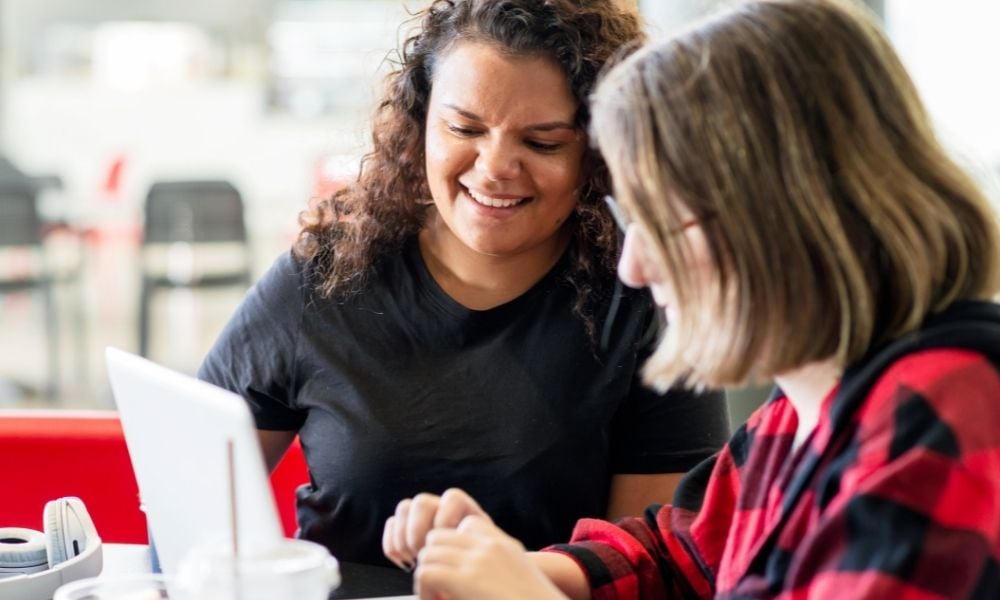
Grants for First Nations employees contributing cultural knowledge, perspectives

Murdoch University is extending allowances to First Nations employees who are carrying the so-called "cultural load" in the workplace.
The Cultural Workload Allowance — said to be the first of its kind in the Australian university sector — grants up to $8,944 annually to First Nations employees who are contributing cultural knowledge and perspectives in the workplace, even if this is outside their job description.
Vice Chancellor Andrew Deeks said they recognise and commend the contribution of First Nations employees in the university's cultural responsibilities.
"This new allowance simply seeks to formalise that recognition and set a precedent for how cultural load is considered within the workplace, especially in settings where there are few First Nations employees," Deeks said in a statement.
Employees who carry out First Nations-related work that is not requirement of their role are eligible for the allowance, according to the university.
What is ‘cultural load’?
Cultural load refers to the "unseen" additional workload of Aboriginal and Torres Strait Islander employees, who are expected in the workplace to represent their community or speak on behalf of the people due to their small numbers.
Diversity Council Australia said this workload could mean providing information, knowledge, education, and support on First Nations issues, topics, and days of significance.
In the university setting, Pro Vice Chancellor First Nations Chanelle van den Berg said First Nations staff are often sought out for "cultural guidance and consultation in the course of their work."
"So, it's only fair that they get recognised and compensated for the important contribution they make," van den Berg said in a statement.
According to the official, recognising cultural load is one university's ways to achieve its goal of becoming a "university of choice" for First Nations people.
The school previously announced an Indigenous language allowance to employees required to use an Indigenous language in the course of their employment.
"Our aim is to become the university of first choice for First Nations peoples, and a leader in embracing, promoting and benefiting from Indigenous Knowledges and cultural inclusivity," van den Berg said.